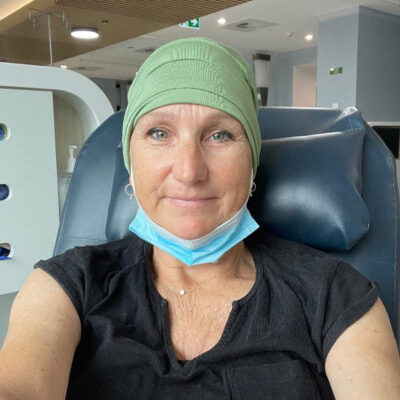2019 IMPACT Philanthropy – Perpetual
By Hudson Institute communications
Two Hudson Institute researchers, Dr Jun Yang and Dr Maree Bilandzic have been successful in the 2019 IMPACT Philanthropy program, from Perpetual, which are awarded to organisations based on their strategy, outcomes, capability and leaderships.
Congratulations to Drs Bilandzic and Yang and their teams. Their research will improve the understanding, prevention and treatment of a range of Australian and global health challenges.

The hunt for primary aldosteronism, acurable cause of high blood pressure
Dr Jun Yang
Primary aldosteronism (PA) is a potentially curable form of high blood pressure that most likely affects over half a million adults in Australia. However, fewer than 1000 people are diagnosed with PA. The Perpetual IMPACT Grant will support our research as the first in Australia to determine how many people suffer from this condition, and to find better markers of PA in immune cells.
The study will positively impact on patients, doctors and the health economy. Patients will be offered effective treatment of their hypertension and experience fewer strokes, heart attacks and arrythmias. Doctors will receive updated guidelines to better manage blood pressure. The cost of unnecessary drugs will decrease as patients are given targeted treatment or cure for their hypertension.
It is hoped that the study outcomes may lead to an overhaul of the Australian hypertension management guidelines, change the practice of family doctors and improve the life expectancy of countless Australians through the early detection of a silent killer.

Developing a Circulating Tumour Cell Test For Improved Management of Ovarian Cancers
Dr Maree Bilandzic
Five year survival rates for ovarian cancer are less and 30 per cent, and for more than 90 per cent of women the disease reoccurs; ultimately manifesting in resistant disease. There are no existing strategies to monitor chemotherapy response or early relapse.
The Perpetual Impact Philanthropy grant will help Drs Bilandzic and Stephens to develop and validate a newly identified cell marker that could be used to measure response to treatment and predict early disease recurrence. Earlier intervention during relapse will enable better treatment, resulting in improved quality of life and higher rates of survival.
Contact us
Hudson Institute communications
t: + 61 3 8572 2697
e: communications@hudson.org.au
About Hudson Institute
Hudson Institute’ s research programs deliver in three areas of medical need – inflammation, cancer, women’s and newborn health. More
Hudson News
Get the inside view on discoveries and patient stories
“Thank you Hudson Institute researchers. Your work brings such hope to all women with ovarian cancer knowing that potentially women in the future won't have to go through what we have!”






